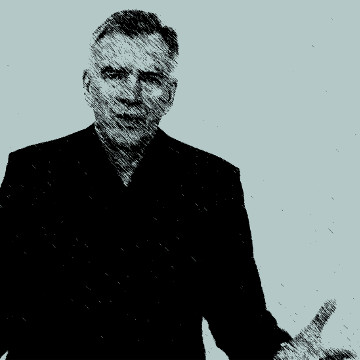Can humans overcome their differences to face the challenges of the Anthropocene?

Environmental anthropologist Gísli Pálsson unpacks some knotty assumptions that need to be worked out if the international community is to manage a coherent response to the challenges of the Anthropocene. One of these is the problematic notion of human unity — the “we” too often casually assumed — in light of the diversity of geographical, cultural, political and socio-economic differences in human groups and societies around the globe. Another is the notion of science, which he asserts is already losing the capital “S” in response to a growing need to unite disciplines and varieties of knowledge represented by social sciences, literary scholarship, and the humanities in the broadest sense, as well as other communities not part of the academic establishment of specialists. Such refinements in our thinking and assumptions may need to be embraced, he suggests, if we are to come to terms with the new challenges facing humanities and the planet in the Anthropocene.